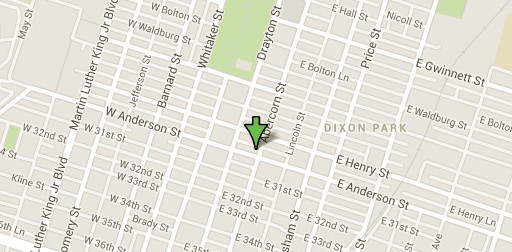Parafunction is not a word you probably use on a daily basis, but if you’re suffering from jaw pain and other TMJ symptoms, it’s one you should get familiar with, because parafunctions contribute to TMJ and can damage your teeth.

Parafunctions That Are Bad Habits
One of the most common parafunctions is the nervous habit of chewing things other than food. If you’re the sort of person who will chew on pens, pencils, or your fingernails, you could be setting yourself up for tooth damage or jaw pain. Your jaws and teeth are designed for chewing foods, and chewing these hard objects puts strain on them.
People also commonly use their teeth as tools. You may not be doing the college trick of opening beer bottles with your teeth, but if you’re using your teeth to tear open packages or unscrew plastic bottles, you’re still putting your teeth and jaws at risk.
You also shouldn’t use your teeth as icebreakers or to crack the shells of any nut tougher than a sunflower seed. Crunching these hard objects can damage your teeth and strain your jaws.
Parafunction Disorders
Other parafunctions are not voluntary behaviors. The most common and destructive is bruxism, or teeth clenching. There is both daytime and nighttime bruxism. Daytime bruxism is most commonly a response to stress. It can be very destructive to your teeth, producing wear and stress cracking. If you suffer from chronic stress-related bruxism, you should talk to a doctor about overcoming your stress.
Night bruxism may be related to stress as well, but often it’s independent. If you are clenching your teeth at night, you may be producing more bite force than you are able to consciously produce, which can accelerate damage to your teeth and strain your muscles. Night bruxism can often be treated with an oral appliance, which not only protects the teeth, but can help reduce strain on the jaw muscles.
Effects of Parafunction
Parafunction can damage teeth and cause TMJ. People with parafunctions suffer chipped, cracked, and worn teeth. And although we can restore this damage with porcelain veneers or dental crowns, parafunctions can damage restorations as well. For example, people with parafunctions are 2.5 times more likely to suffer a dental crown failure.
Parafunctions also cause regular jaw pain and headaches. They contribute to the displacement of the cushioning disc in the temporomandibular joint and ultimately lead to TMJ.
If you have damaged teeth, sore jaws, or other signs of parafunctions, we can help. Please contact Beyond Exceptional Dentistry in the Hilton Head, SC area.




